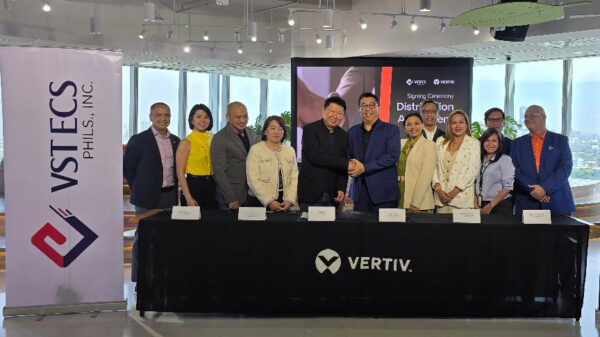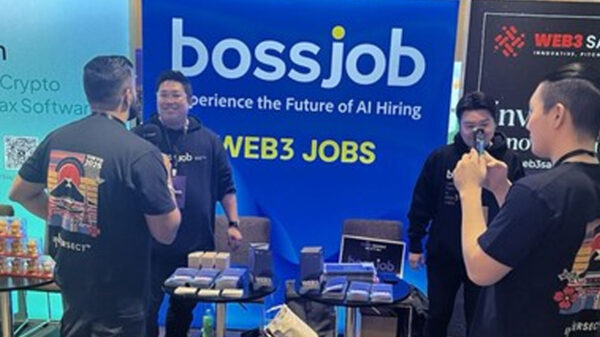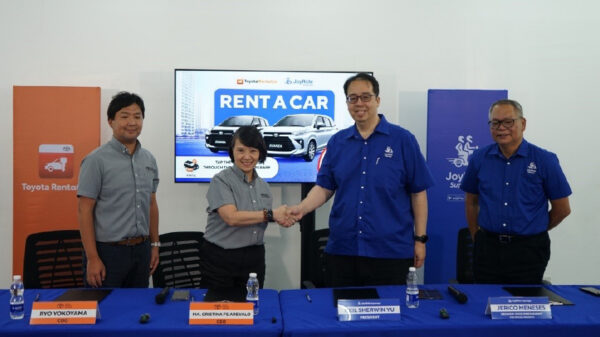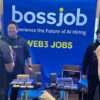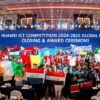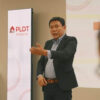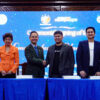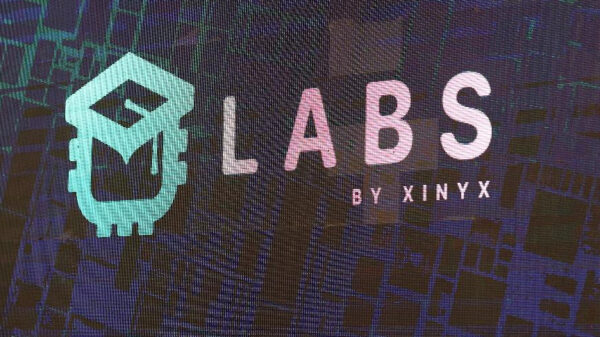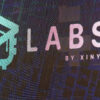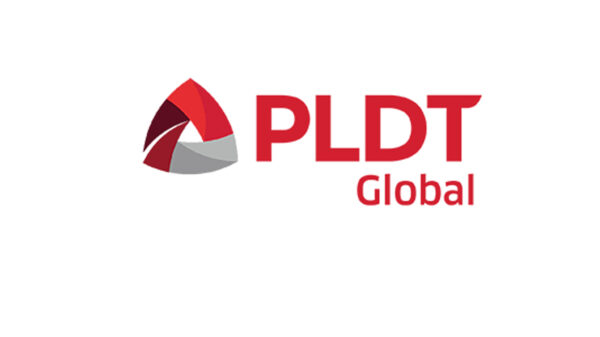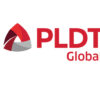Could machine learning be used to predict breast cancer or Alzheimer’s disease? How is Facebook reducing social isolation in elderly populations? These were some of the questions explored in this year’s SAS Curiosity Cup, a data science competition sponsored by data and AI leader SAS.
Just a month after its release, teams had the opportunity to use SAS Viya Workbench for Learners, a free, on-demand compute environment that empowers students and educators to build programming skills, develop AI and machine learning models and complete projects quickly in multiple programming languages.
“The opportunities to use data and AI to address challenges has never been greater, which is reflected by the record number of competition participants and broad, global representation,” said Jürgen Kaselowsky, Director of Global Academic Programs at SAS. “Additionally, we were excited to have SAS Viya Workbench for Learners available for the first time. It allowed teams to bring all their tools to the task, easily shifting between SAS and open source.”
With their choice of SAS software, 112 teams composed of 360 students and 25 industry consultants from 29 countries entered the contest. Students chose a publicly available data set, posed their own analytical questions and produced two five-page papers and a video presentation explaining their findings. Winners were selected by industry experts in three categories: data preparation, analysis and presentation.
The winners, highlighted on the SAS Curiosity Cup page are:
- Data Preparation: Team Data Aces from the University of Santo Tomas, Philippines – Predictive Model Trends: Predicting Early Detection of Alzheimer’s Disease
- Data Analysis: Team Machine Learning Dynamite from Anglia Ruskin University, UK – Development of Breast Cancer Detection Tool
- Data Presentation: Team DataMind from the University of Padua, Italy – Social Media use Among Italian Older Adults: A Weighted Analysis of Facebook Survey Data
“Being part of the Curiosity Cup was an enriching experience that helped us grow both personally and professionally,” said team DataMind in a joint statement. “It strengthened our ability to work as a team, manage priorities and meet deadlines. It also taught us how to reach out to more experienced individuals when we needed technical support or guidance – an invaluable skill for any future career.”
Learn more about how SAS Academic Programs and SAS Viya Workbench for Learners are fostering curiosity and making a difference for the next generation of data scientists. Information on the 2026 competition will be available in the fall.


